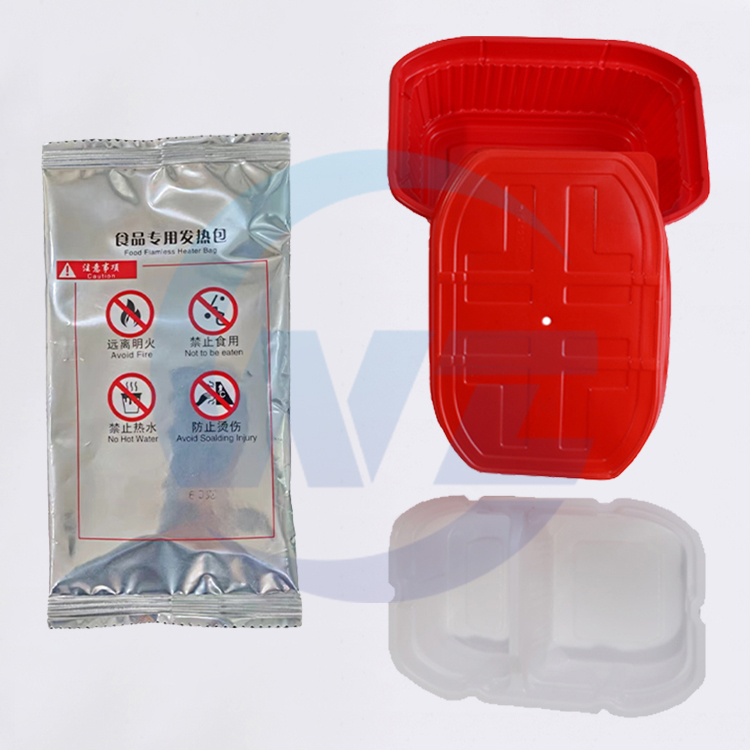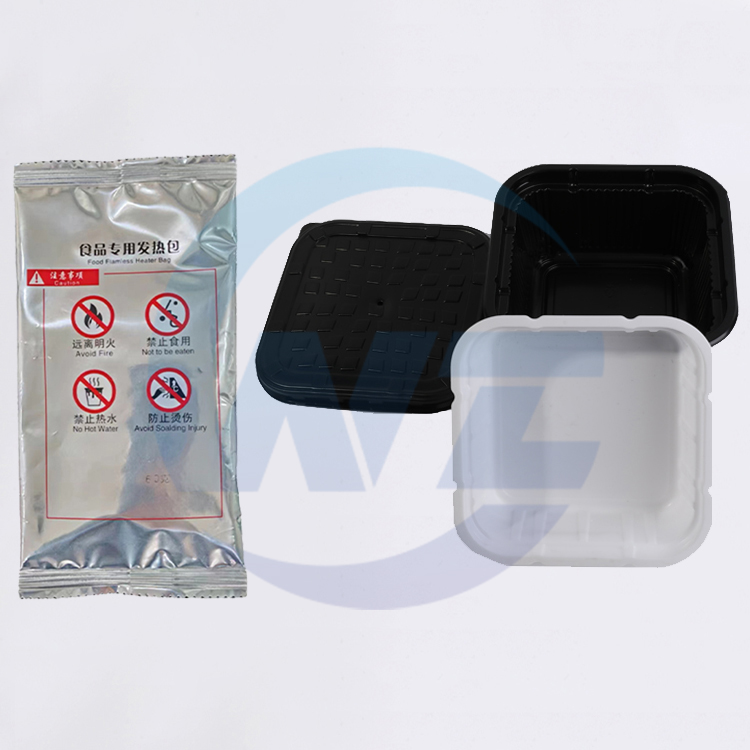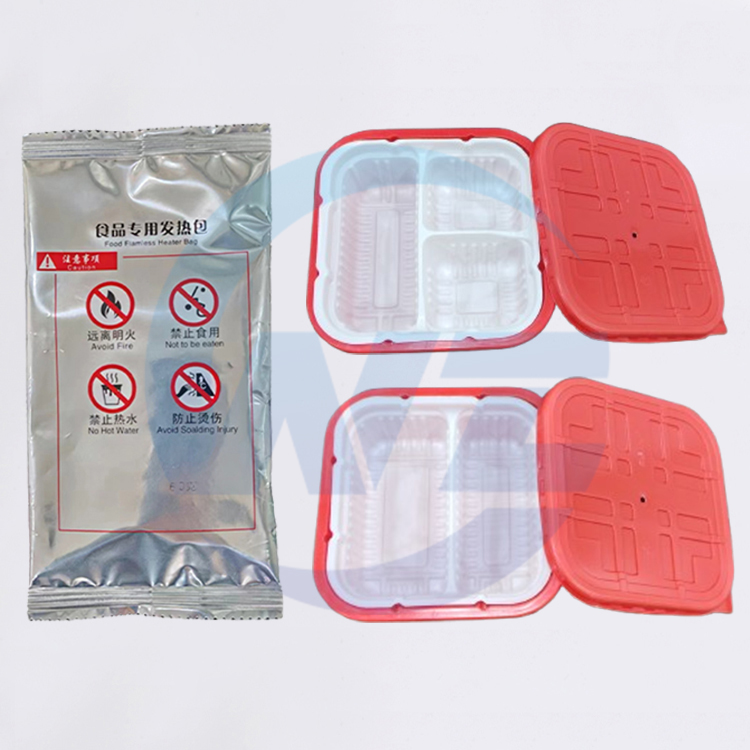by Kevin
Share
by Kevin
Share
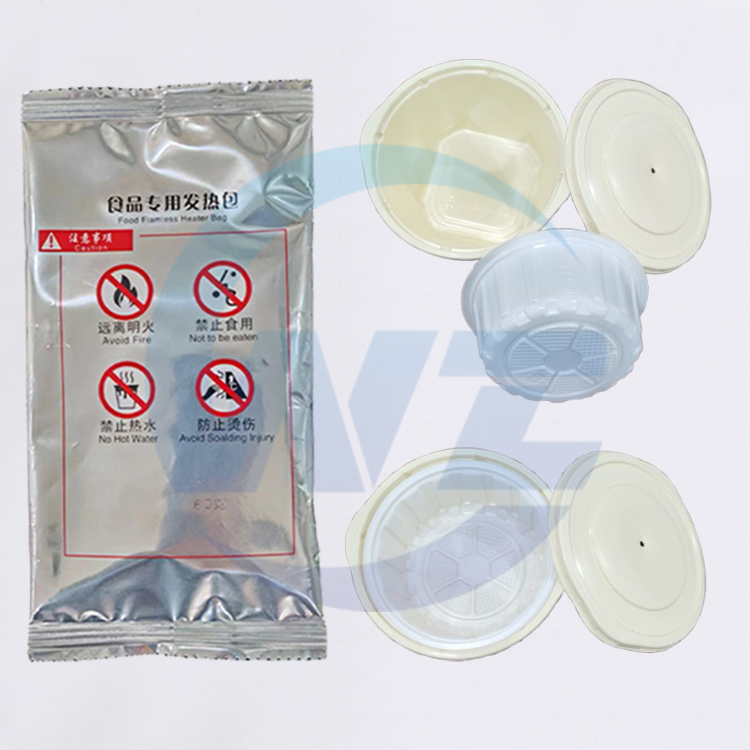
MRE (Meal, Ready-to-Eat) heaters provide a convenient and flameless way to heat food, making them ideal for military personnel, outdoor enthusiasts, and emergency preparedness. These self-contained heating systems use a simple chemical reaction to generate heat, allowing users to enjoy a warm meal anytime, anywhere—without the need for fire or electricity.
Features of MRE Heaters
Flameless Heating
MRE heaters eliminate the need for an open flame, making them safe for use in environments where fire is restricted, such as military operations, camping, or disaster relief scenarios.
Portable & Lightweight
Compact and easy to carry, MRE heaters fit inside meal pouches, making them perfect for on-the-go use in hiking, hunting, or emergency kits.
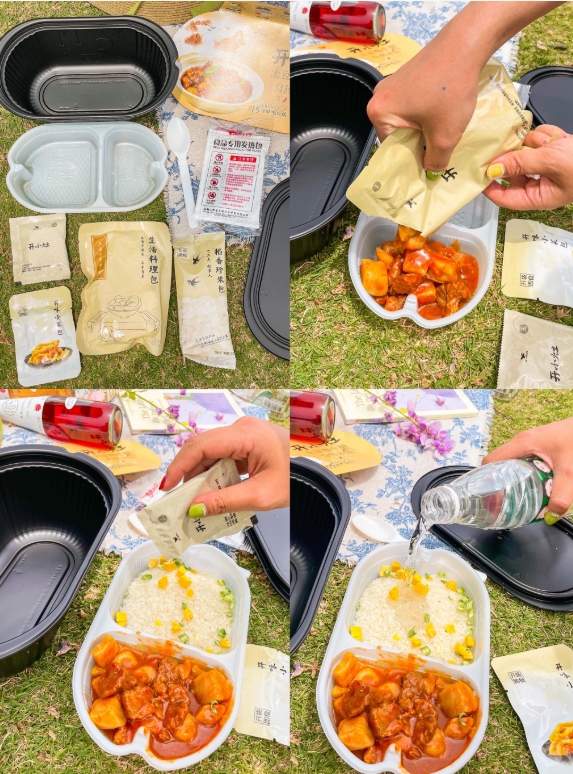
Fast & Efficient Heating
With just a small amount of water, MRE heaters can warm a meal in 5–12 minutes, providing a hot and ready-to-eat dish without any external heat source.
No Electricity Required
Unlike electric food warmers, MRE heaters rely on a chemical reaction, making them reliable in remote locations or during power outages.
How Do MRE Heaters Work?
MRE heaters operate through an exothermic (heat-releasing) chemical reaction. Here’s how they function:
1. Chemical Composition
Most MRE heaters contain magnesium powder, iron, and salt, which react with water to produce heat.
2. Activation Process
A small amount of water is added to the heater pouch.
The water triggers a reaction between the magnesium and iron, releasing heat.
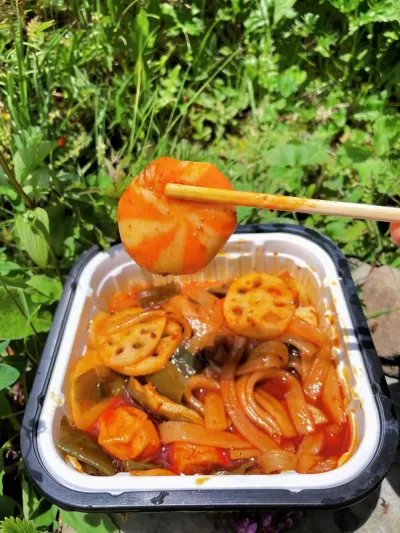
The salt acts as a catalyst to speed up the reaction.
3. Heat Generation
The reaction produces steam and heat, warming the enclosed food pouch to a safe and edible temperature (typically around 100°C / 212°F).
4. Safe Disposal
Once used, the heater can be safely discarded as it contains non-toxic materials.
Popular Uses of MRE Heaters
Military & Tactical Operations
Standard issue for soldiers to provide hot meals in the field.
Used in disaster relief missions where cooking facilities are unavailable.
Outdoor Adventures
Ideal for camping, hiking, and hunting trips where open flames may be restricted.
Provides a hot meal without carrying heavy cooking gear.
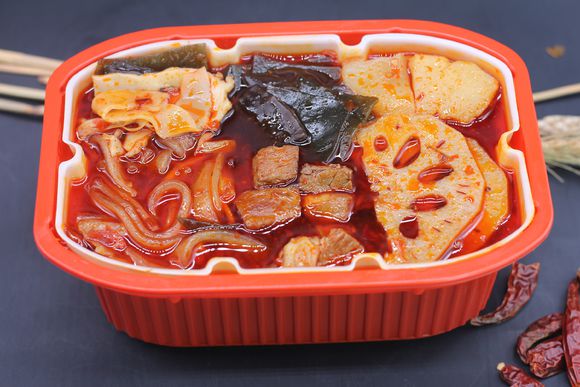
Emergency Preparedness
Essential for survival kits, bug-out bags, and disaster supplies.
Ensures access to warm food during power outages or natural disasters.
How to Choose the Right MRE Heater?
1. Heating Time
Some heaters warm food in 5 minutes, while others take up to 12 minutes.
Choose based on your urgency and convenience.
2. Compatibility
Ensure the heater fits standard MRE pouches or your preferred food packaging.
3. Safety & Reliability
Opt for military-grade heaters for guaranteed performance.
Check for non-toxic materials and proper sealing to prevent leaks.
4. Shelf Life
Most MRE heaters last 5+ years if stored properly in a cool, dry place.
How to Use an MRE Heater Safely?
Open the MRE pouch and remove the heater.
Add water (usually 1-2 oz) to the heater pouch.
Insert the food pouch and place it in an insulated bag (if provided).
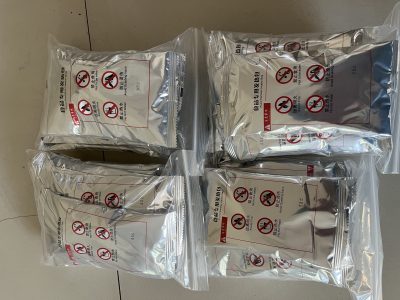
Wait 5–12 minutes for the meal to heat thoroughly.
Remove carefully—steam will be hot!
Dispose of the used heater properly.
Conclusion
MRE heaters offer a flameless, portable, and efficient way to heat food in any situation—whether in the wilderness, on a military mission, or during an emergency. By understanding how they work and choosing the right one, you can enjoy hot meals anytime, anywhere, without fire or electricity.
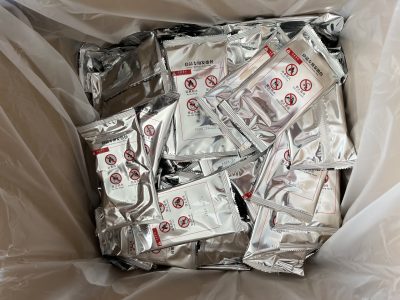
Need help selecting the best MRE heater for your needs? Contact us today for expert recommendations and bulk purchasing options. We welcome all inquiries and offer professional guidance to ensure you get the right product for your requirements.
FAQ’s
1. Are MRE heaters safe to use?
Yes, they are designed to be non-toxic and safe when used as directed. However, avoid direct contact with the heated pouch to prevent burns.
2. Can MRE heaters be reused?
No, they are single-use and should be discarded after heating one meal.
3. How long do MRE heaters stay hot?
Most provide heat for 10–20 minutes, enough to warm a meal thoroughly.
4. Do MRE heaters work in cold weather?
Yes, but extremely low temperatures may slow the reaction. Using slightly warmer water can help.
5. Can I use any water source?
Yes, even saltwater or snow (melted) can activate the heater, though fresh water works best.
6. Are MRE heaters environmentally friendly?
They contain non-hazardous materials, but proper disposal is recommended.
By following these guidelines, you can maximize the benefits of MRE heaters for flameless, on-demand food heating in any scenario!
STAY IN THE LOOP

